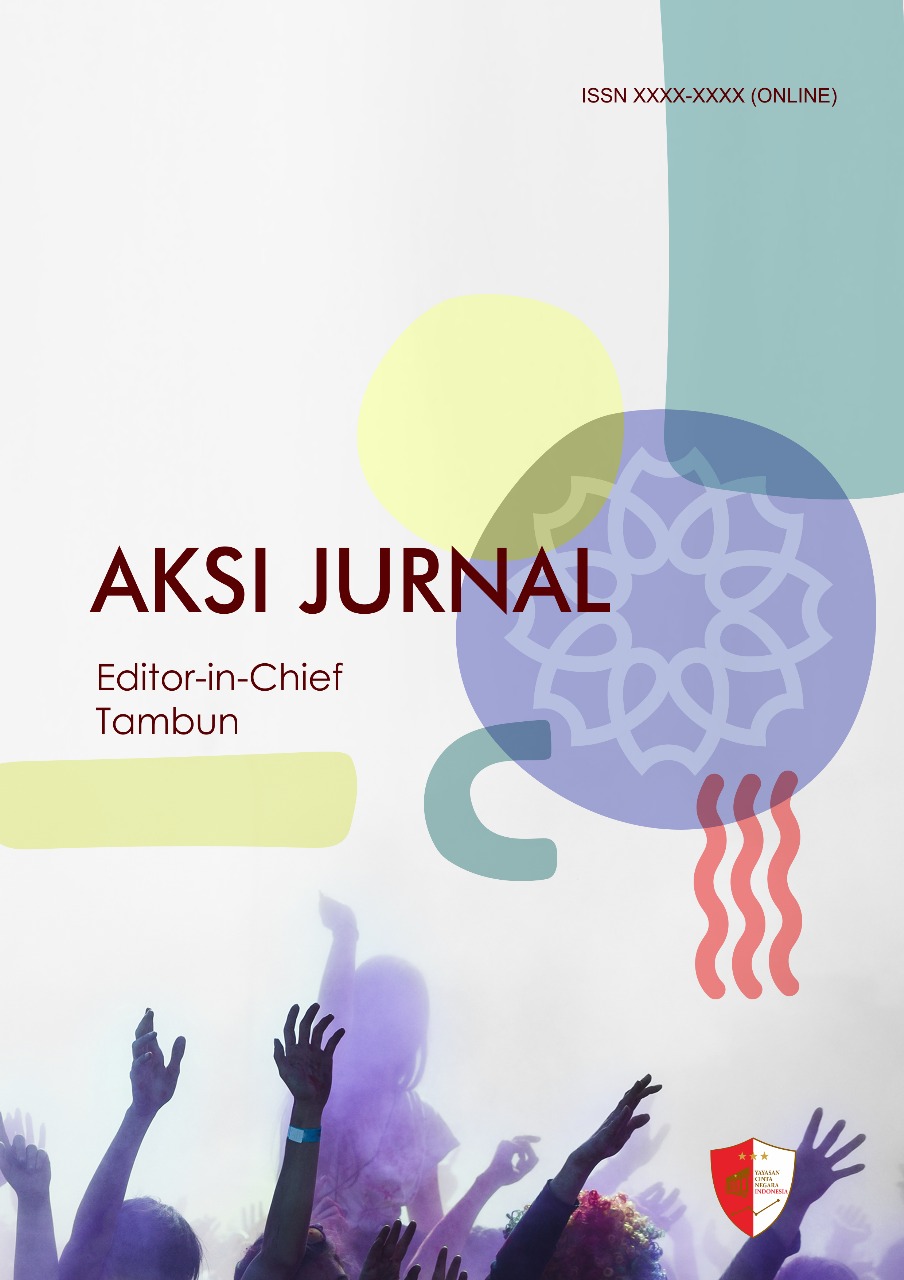Community Empowerment through Digital Literacy: A Case Study of Housewives in Semi-Urban Areas
Keywords:
Digital Literacy, Empowerment, Semi-Urban, Social Engagement, WomenAbstract
Digital literacy has become an essential skill for social and economic participation, yet many housewives in semi-urban areas face challenges in accessing and utilizing digital technologies effectively. This study aims to explore the impact of digital literacy training on empowering housewives in semi-urban communities by enhancing their skills, confidence, and opportunities for economic and social engagement. A qualitative case study approach was employed, involving digital literacy workshops conducted over six months with a group of 50 housewives. Data were collected through pre- and post-training interviews, observations, and focus group discussions, and analyzed thematically. The findings indicate significant improvements in participants’ digital skills, including basic internet navigation, online communication, and digital financial transactions. Enhanced digital literacy contributed to increased self-confidence, better access to information, and new economic opportunities such as online marketing of home-based products. Social interactions within the community also strengthened through digital platforms. Digital literacy training effectively empowers housewives in semi-urban areas by expanding their socio-economic participation and fostering community development. Future programs should consider integrating continuous support and tailored content to sustain and deepen empowerment outcomes.





